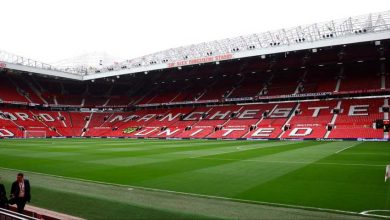A hot debate topic among British football fans is which clubs are the biggest in the sport’s history. Manchester United fans often point to Sir Alex Ferguson‘s stranglehold on the Premier League, while Liverpool supporters highlight their European dominance.
It’s fair to say the Red Devils and the Merseysiders’ global reach has them competing with Europe’s big guns as contenders for the biggest club in the world. But when it comes to who is at the top of the crop on British shores, there are viable claims on both sides of the fence.
Manchester United and Liverpool are just two of many clubs that can stake their claim among the biggest in Britain. Their prominent title rivals, Arsenal and Chelsea, will also throw their hats in the ring. Celtic and Rangers also earn shouts as they continue to battle for the throne of Scottish football.
Football fans needn’t worry, though. Artificial Intelligence can give a neutral analysis of the best of Britain, and ChatGPT has done just that. GIVEMESPORT tasked AI with generating a list of the top 20 biggest clubs in British football, and the results were compelling.
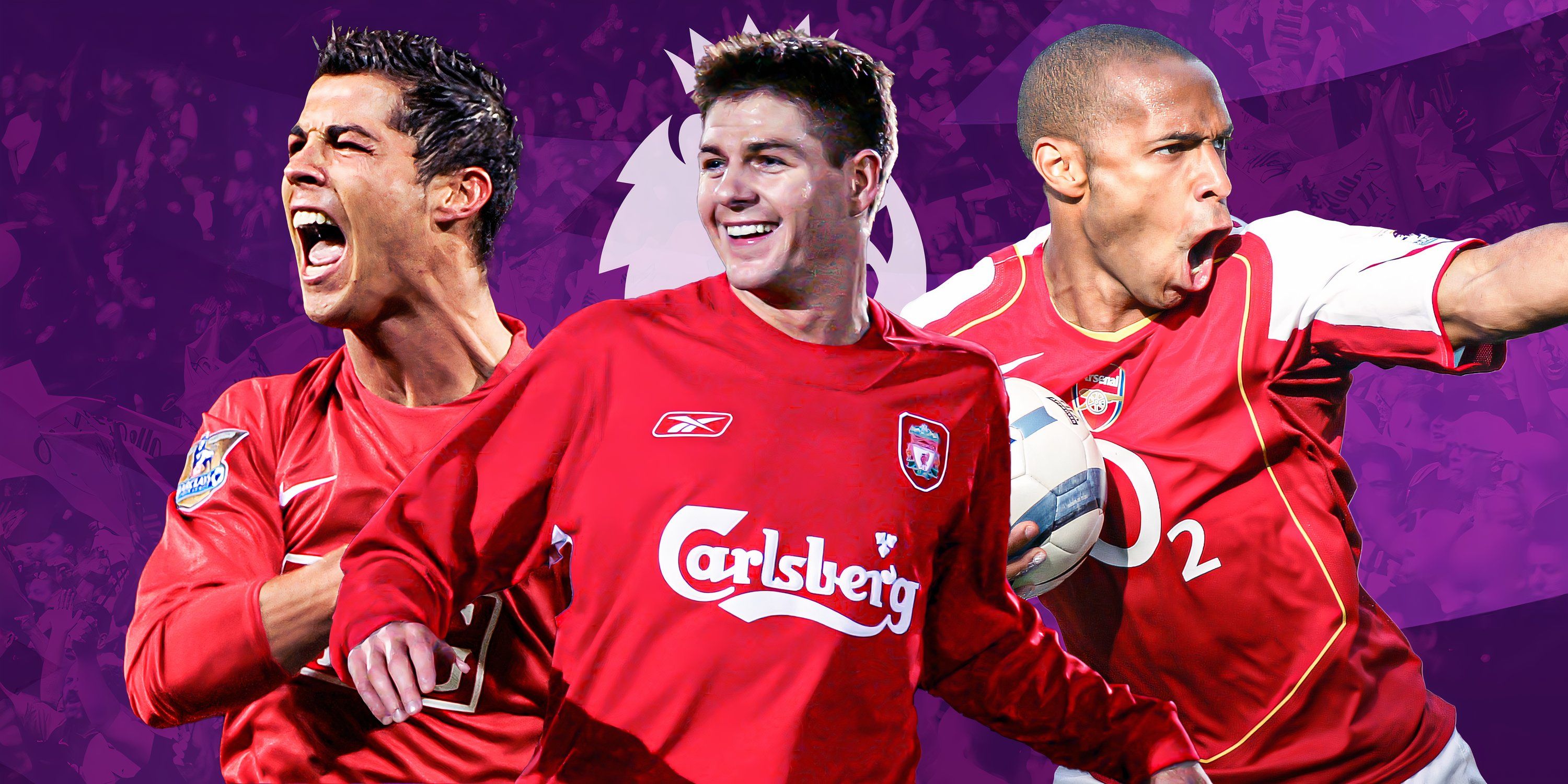
Related
AI Ranks the 20 Greatest Premier League Footballers of All Time
From Raheem Sterling to Roy Keane to Thierry Henry, who does ChatGPT rank as being the greatest footballers in Premier League history?
20 Ipswich Town
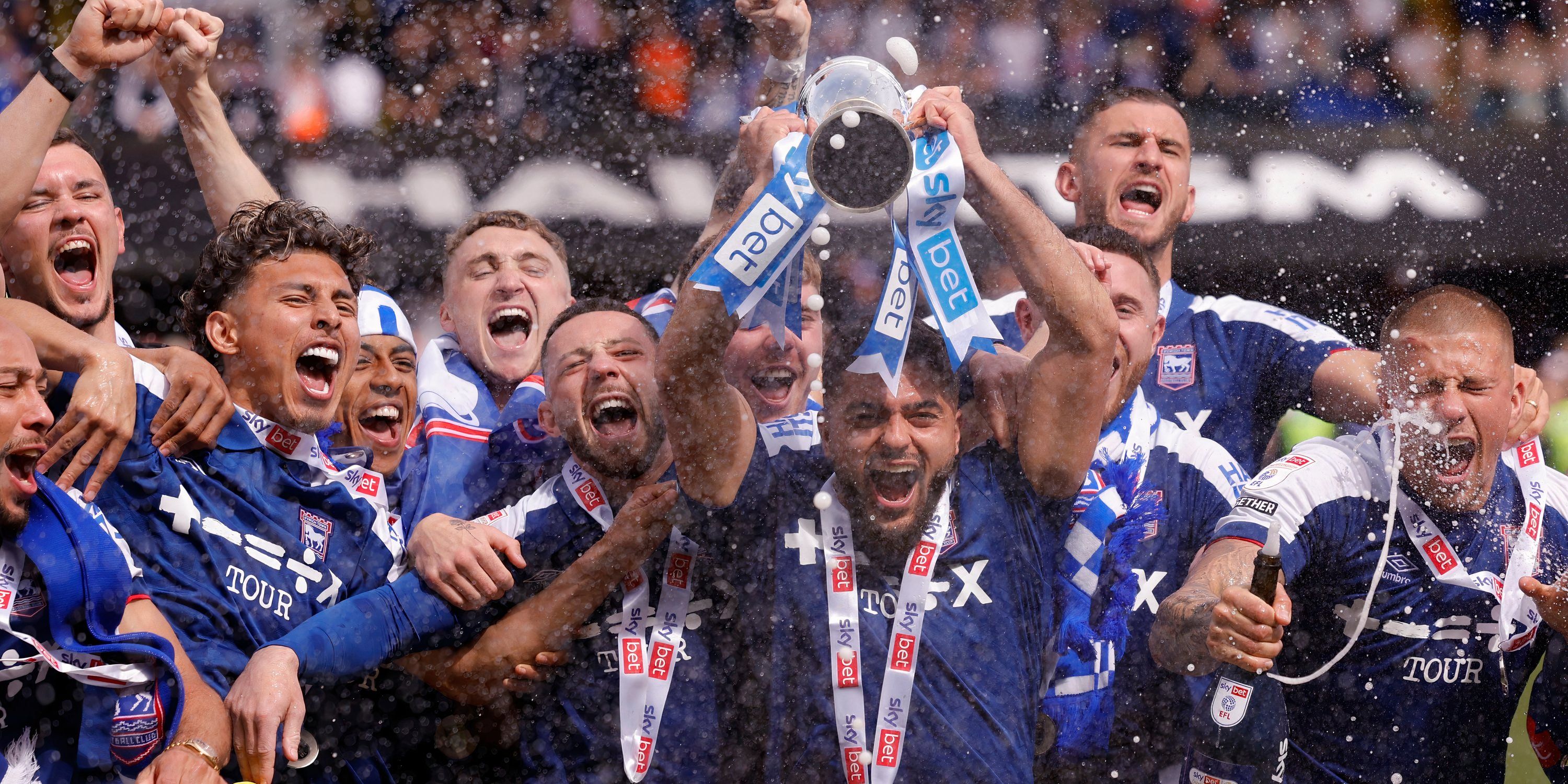
We start with Ipswich Town, who recently climbed the English pyramid and returned to the Premier League under Kieran McKenna. The Tractor Boys have a rich history of success in British football, including winning the First Division Title in 1962, the UEFA Cup in 1981, and the FA Cup in 1978.
The Suffolk-based outfit has been managed by some of Britain’s most iconic coaches, including England‘s 1966 World Cup winner Sir Alf Ramsey and the Three Lions’ former manager Sir Bobby Robson. Ipswich has been toying with a lengthy stay in the English top-flight League and has enjoyed six seasons in the top tier since the Premier League’s formation in 1992.
AI Says:
- Historical Significance: Ipswich are notable for their success under Sir Bobby Robson, winning a UEFA Cup and multiple domestic trophies in the 1970s and 1980s.
- Achievements: 1 English First Division, UEFA Cup, 1 FA Cup.
- Fan Base: Loyal, particularly in East Anglia.
- Wealth & Reputation: Historically significant, particularly for their European success under Robson.
19 Crystal Palace
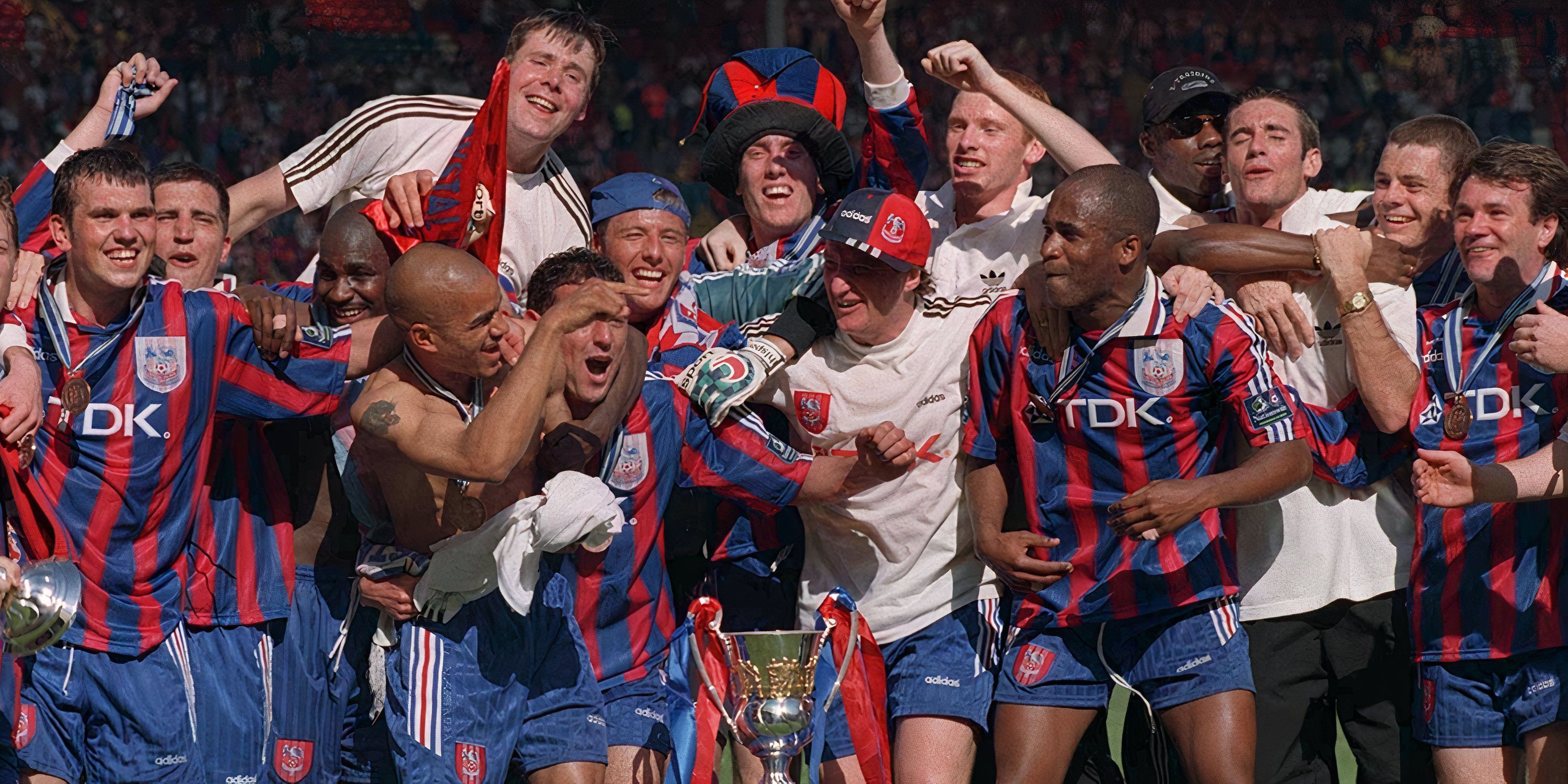
A trip to Selhurst Park is next up as Crystal Palace are named among Britain’s biggest clubs and rightly so. The Eagles have a knack for finding or signing the best in British football, including Ian Wright, Jim Cannon, Dougie Freedman, and Kenny Sansom. Eberechi Eze is the latest star shining after emerging from the club’s esteemed academy.
Palace have struggled to win silverware, which perhaps impacts their ranking on this list. However, a runners-up finish in the 2016 FA Cup final is arguably their biggest feat. The south Londoners have a passionate crowd up there with the best on home soil in the Premier League.
AI Says:
- Historical Significance: Palace have had periods of success in English football, particularly in the 1980s and during the Premier League era.
- Achievements: 1 FA Cup runner-up.
- Fan Base: Loyal, particularly in South London.
- Wealth & Reputation: A club with a solid reputation in recent decades, though they lack major trophies.
18 Fulham
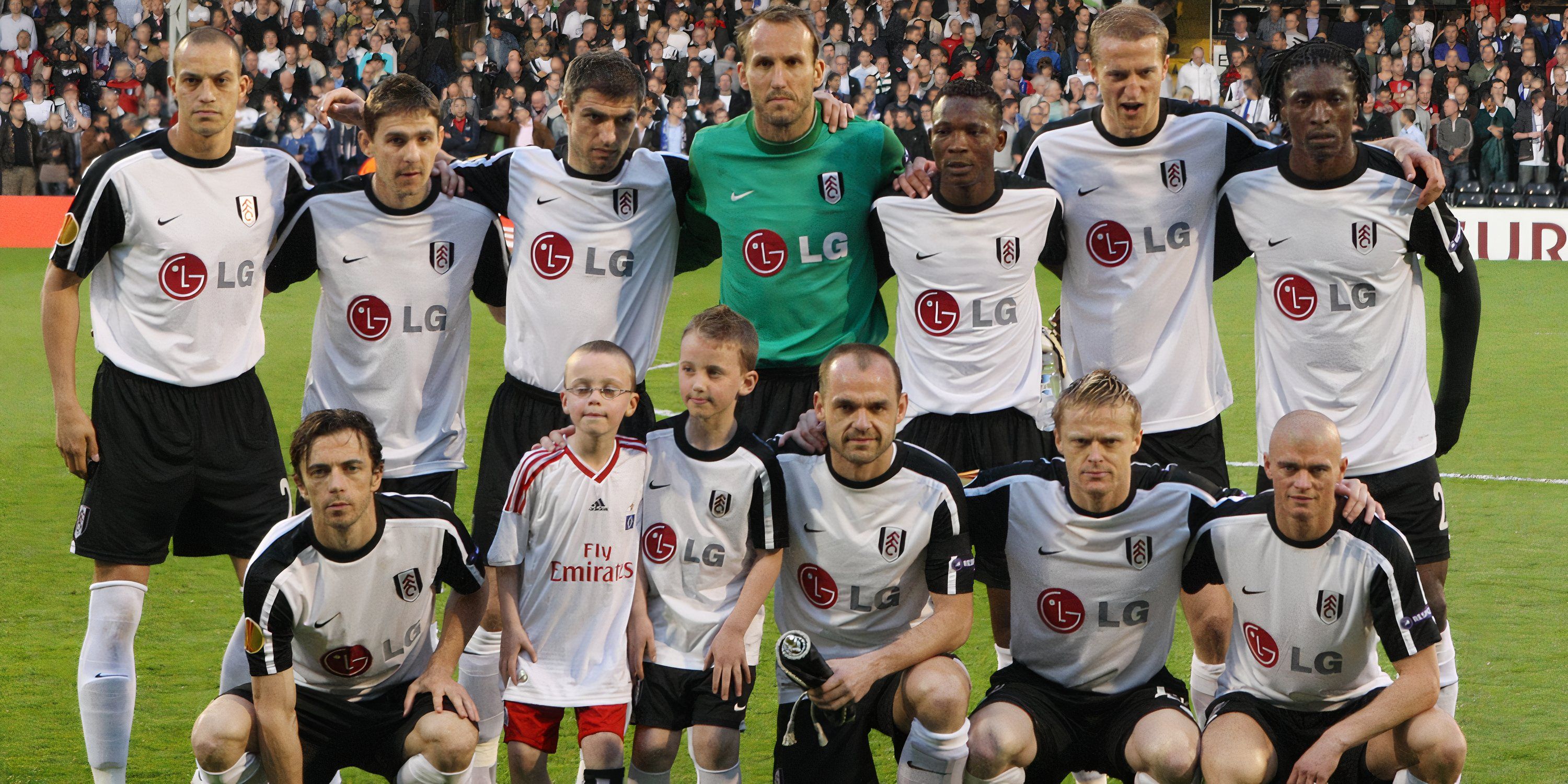
Staying in London, we head to Fulham, a club that has found it tough trying to keep pace with its London rivals, Arsenal, Chelsea, and Tottenham Hotspur. The Cottagers do have famous moments to look back on fondly, including finishing as runners-up in the FA Cup in 1975 and the Europa League in 2010.
Craven Cottage is one of Britain’s most beautiful stadiums, draped in British tradition and worthy of having hosted some icons of the game. Fulham’s legends include all-time appearance maker Johnny Haynes and 1966 World Cup winner George Cohen. Neutral fans often take a liking to London’s oldest club because of its unique appeal.
AI Says:
- Historical Significance: Fulham are a historic London club with a long tradition and have produced some iconic players over the years.
- Major Achievements: FA Cup and Europa League runner-up.
- Fan Base: Loyal, particularly in West London.
- Wealth & Reputation: While not a club of enormous historical trophies, their long-standing presence in English football is significant.
17 Birmingham City
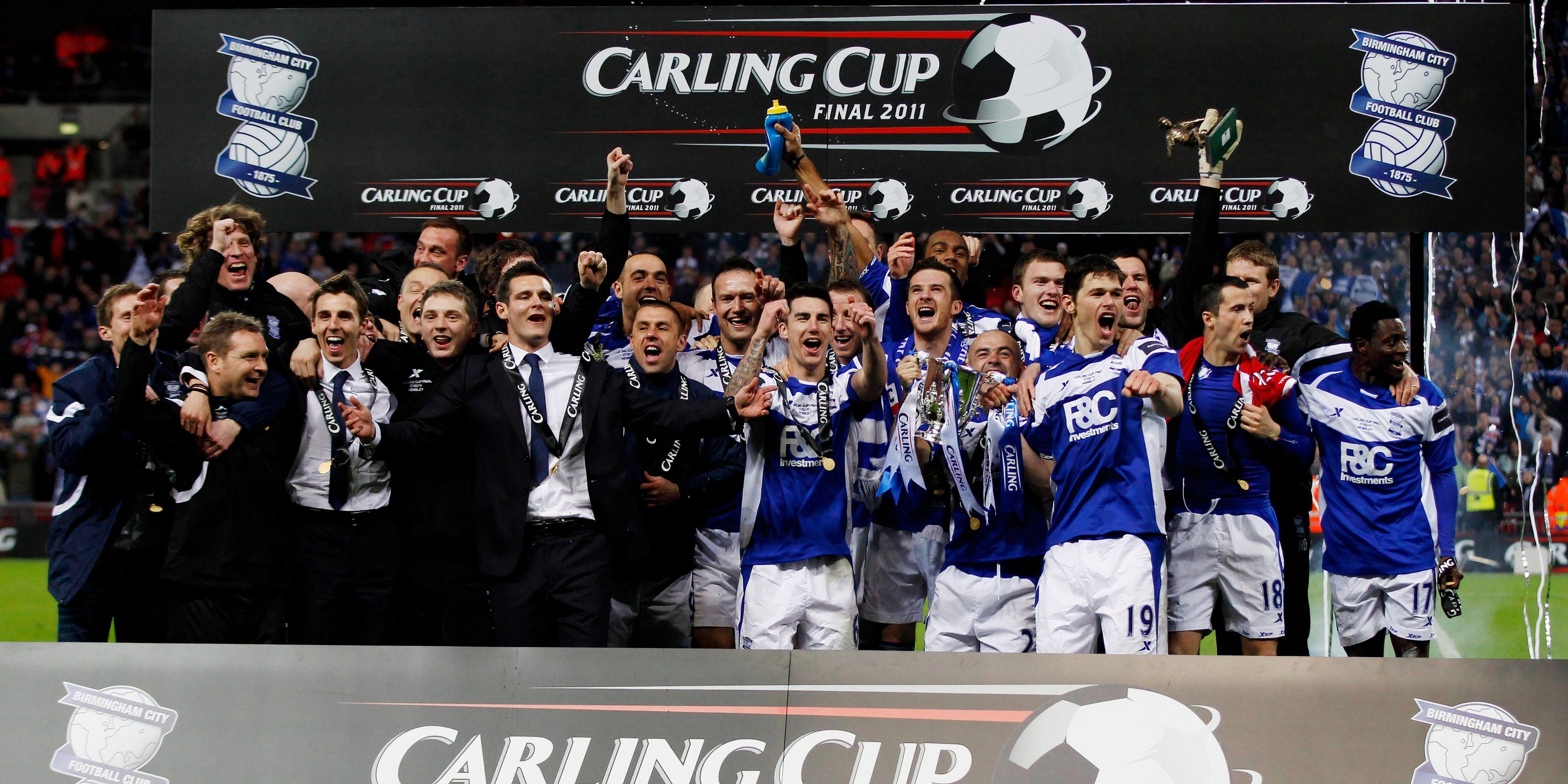
Birmingham City have come off the boil in recent years but remain one of Britain’s biggest powerhouses from the west Midlands region. The Blues’ significant accomplishments include two League Cups, their last arriving in 2011 when they secured an unlikely 2-1 victory over Arsenal in the Carling Cup final.
Most football fans will be familiar with St Andrew’s stadium despite the club bouncing up and down the football pyramid, last participating in the Premier League in 2011. American businessman Tom Wagner secured a takeover of Birmingham in 2024, while NFL legend Tom Brady has invested in the club. This could achieve more prominence on a global scale and more funding.
AI Says:
- Historical Significance: A club with a solid reputation in English football, particularly in the mid-20th century.
- Achievements: 2 League Cups
- Fan Base: Loyal regional following.
- Wealth & Reputation: Historically competitive, although currently less successful in the top divisions.
16 Wolverhampton Wanderers

Wolverhampton Wanderers are one of Birmingham’s cross-city rivals and pipped them to 16th place amid a consistent residence in the Premier League since their 2018 promotion. The Old Gold, a suitable nickname, boasts a trophy-laden history, which includes winning the English First Division three times in the 50s and grappling with Europe’s giants in the 70s with a runners-up finish in the first-ever UEFA Cup.
Four-time FA Cup winners, Wolves are one of the oldest clubs in world football. Their historic stadium, Molineux, was among the first British stadiums to invest in floodlights, leading to some high-profile friendlies. Steve Bull, the club’s all-time top scorer, and John Richards are among their all-time greats, while recent stars such as Ruben Neves and Raul Jimenez got their break in Wolverhampton.
AI Says:
- Historical Significance: Wolves were one of the dominant clubs in the early days of English football and a pioneer of European football.
- Achievements: 3 English top-flight titles, 4 FA Cups, 2 League Cups
- Fan Base: Strong regional support, particularly in the West Midlands.
- Wealth & Reputation: Historically significant with periods of great success.
15 Sunderland

When you think of red and white stripes, more often than not, Sunderland comes to mind, and the Tyne and Wear outfit is undoubtedly one of British football’s heavyweights. Younger fans have only witnessed the Black Cats floundering in the EFL Championship and League One, but they were a force to be reckoned with in the Premier League beforehand.
The Stadium of Light lit up the English top-flight, and Sunderland marched to six titles, including three in four seasons. Their rivalry with Newcastle United is one of the fiercest in England, and heroic strikers such as Kevin Phillips, Niall Quinn, and Bobby Gurney wreaked havoc with their goalscoring prowess on Tyneside.
AI Says:
- Historical Significance: Sunderland are one of the oldest and most successful clubs in English football history, with several key moments in the early 20th century.
- Achievements: 6 English top-flight titles, 2 FA Cups.
- Fan Base: Loyal following, particularly in the North East.
- Wealth & Reputation: A historically significant club with a rich tradition, but less relevant in modern football.
14 Everton
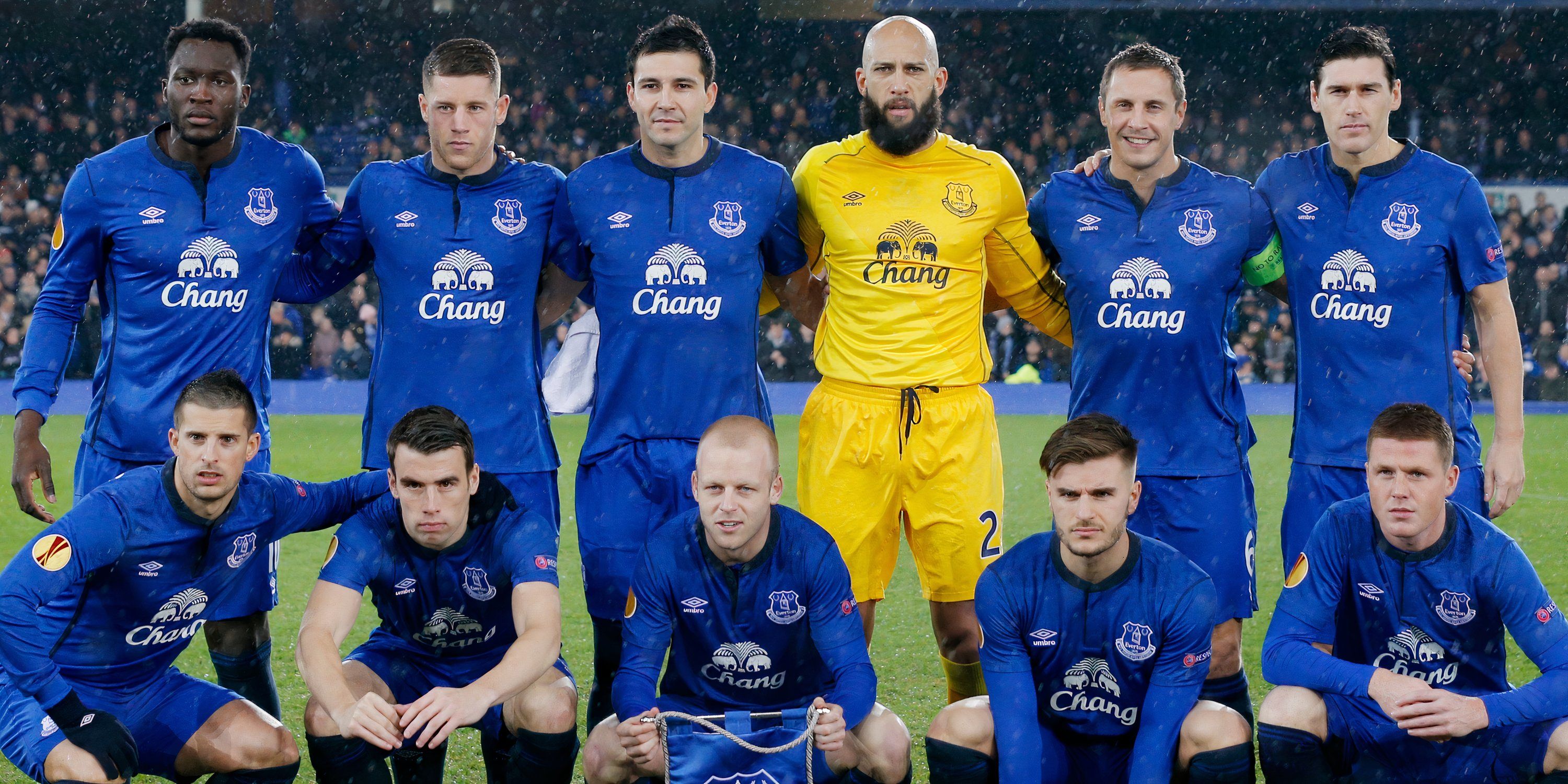
Everton has been battling relegation in recent years and has managed to ensure they remain one of six English clubs never to be relegated since the Premier League’s creation in 1992. The Toffees are so much more than just relegation battlers; they are one of the oldest and most successful clubs in all the land.
The Blue side of Merseyside has nine English top-flight titles and five FA Cups in its trophy cabinet, including a 1995 triumph, a 1-0 win over Manchester United in the first FA Cup final Wembley hosted post-World War 2. There was nothing like hearing the Goodison Road Stand go wild when their troops, such as Dixie Dean or Graeme Sharp, found the back of the net. The Goodison faithful will hope a move to their new Bramley-Moore Dock stadium will bring more success than in recent years.
AI Says:
- Historical Significance: Everton are one of the founding clubs of the Football League and have enjoyed success in multiple eras, particularly in the 1980s.
- Achievements: 9 English top-flight titles, 5 FA Cups, European Cup Winners’ Cup.
- Fan Base: A loyal fanbase, particularly in Liverpool and the North West.
- Wealth & Reputation: Historically one of England’s top clubs, though they have struggled for consistent success in recent years.
13 Nottingham Forest
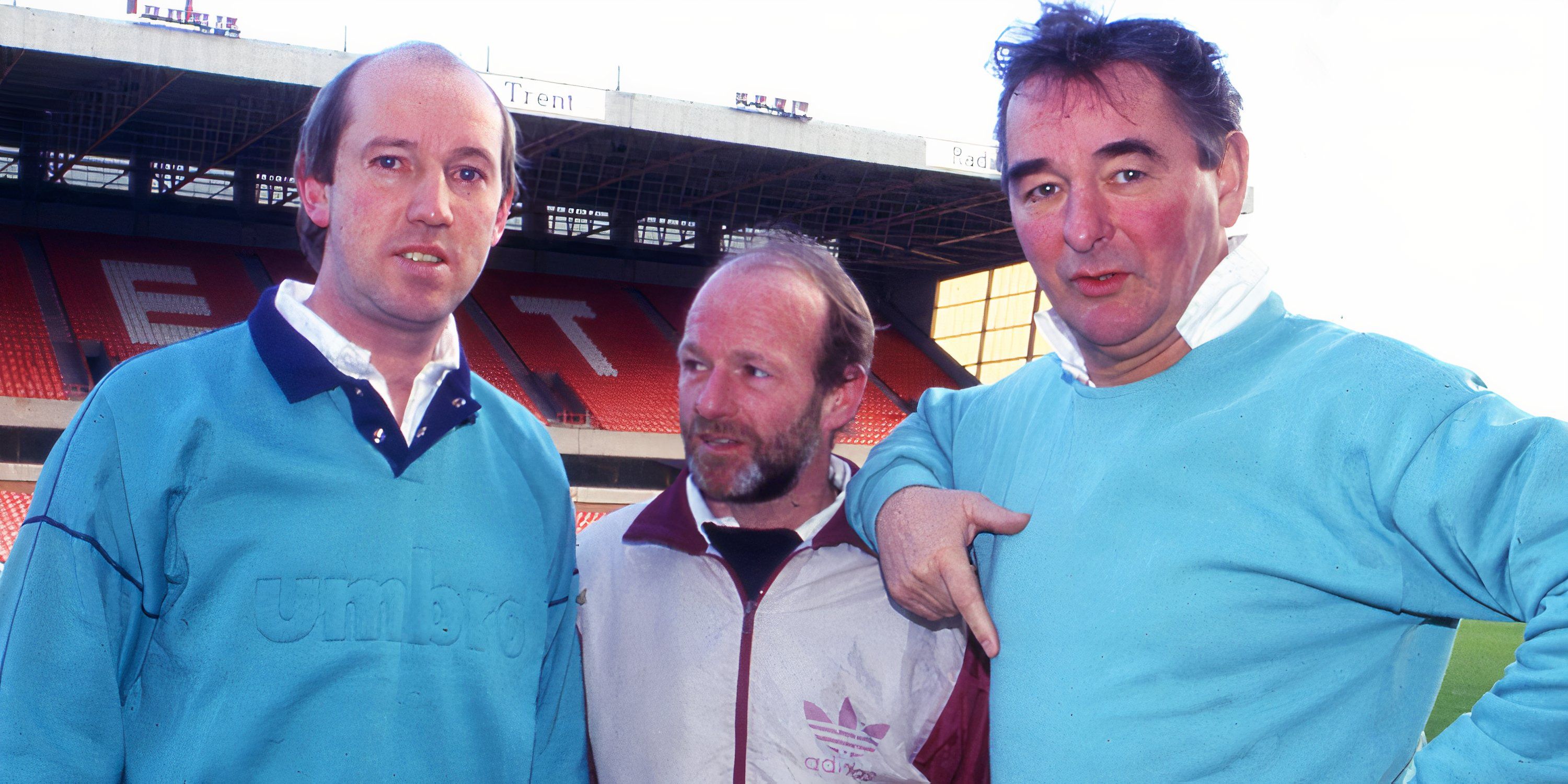
The third-oldest club in English football, Nottingham Forest are known worldwide thanks to their success under the late great Brian Clough. The Tricky Trees were a European powerhouse in the 70s and 80s, winning the European Cup (UEFA Champions League) twice in a row. A fall-off in the 2000s came after relegation in 1999, but they are back in the Premier League and have found their rhythm under Nuno Espirito Santo.
Forest have an extremely loyal fanbase that has stuck with them through the good and the bad times. Peter Shilton, Stuart Pearce, and Grenville Morris are among the club legends who helped put the Nottinghamshire outfit on the map. The City Ground hosted games at Euro 1996 and has the feel of traditional British football.
AI Says:
- Historical Significance: A giant of European football in the late 1970s and early 1980s under Brian Clough, Forest won back-to-back European Cups.
- Achievements: 1 European Cup, 1 UEFA Cup, 2 FA Cup, 4 League Cups.
- Fan Base: Strong regional support, with a rich history in European football.
- Wealth & Reputation: Forest’s European success gives them a legacy that endures in world football.

Related
10 Most Influential People in British Football History [Ranked]
Of the hundreds of thousands of people that have worked within the English game of football, which 10 have been the most influential in history?
12 Leeds United
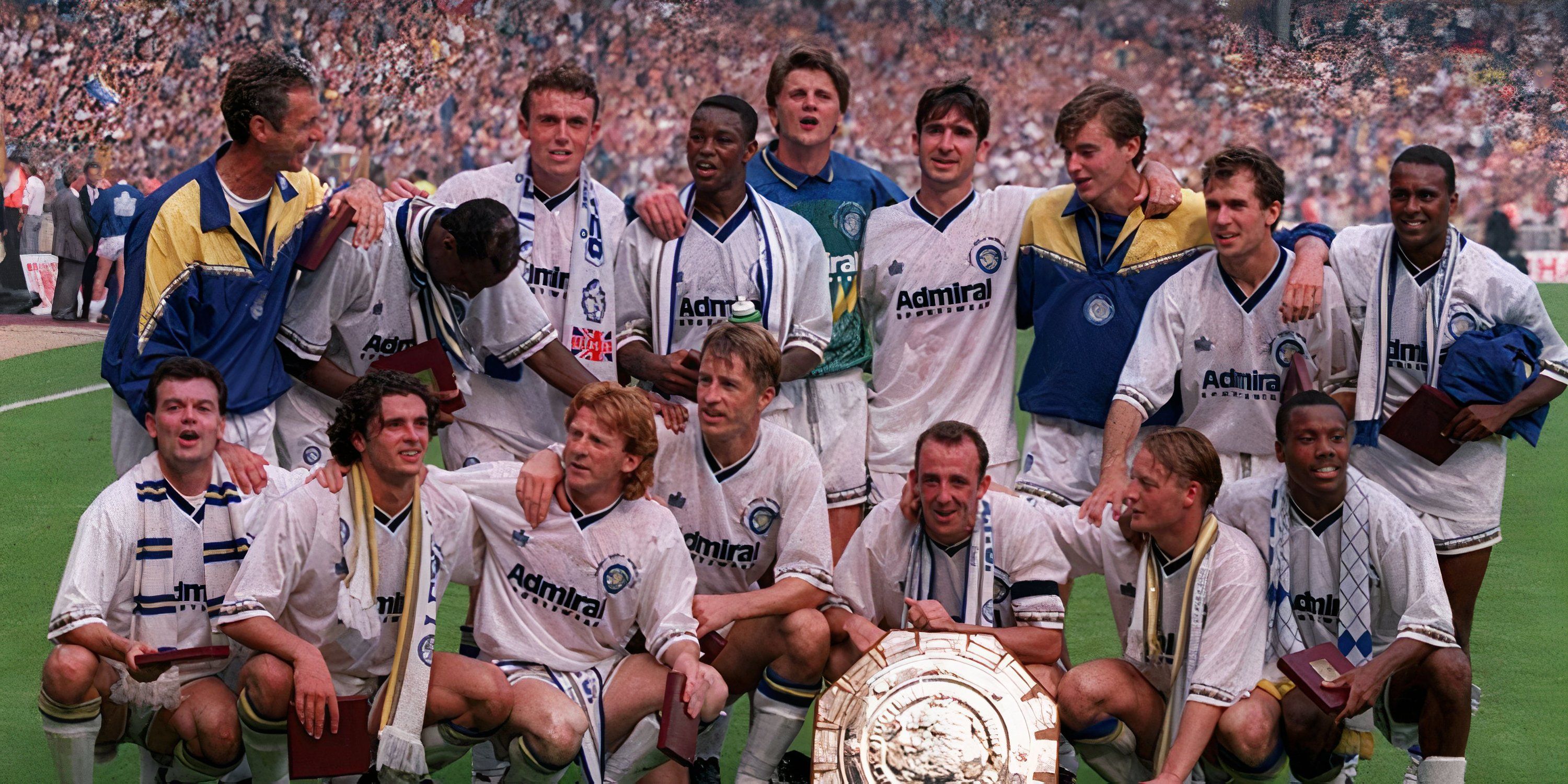
When discussing Leeds United, you could argue that the Peacocks have the loudest and proudest fans in the country. The opposition fears visiting Elland Road because of the intense atmosphere built by home supporters in the Revie Stand, named after their former manager, Don Revie.
Leeds are three-time champions of the top flight and have also participated in Europe, although it’s been 25 years since they’ve competed with the continent’s best. The biggest Yorkshire club is trying to return to the top of English football and has been yo-yo-ing between the Premier League and Championship. Their fans would love nothing more than still having Scottish duo Billy Bremner, Peter Lorimer, and England stalwart Jack Charlton in their team.
AI Says:
- Historical Significance: Leeds were one of the most successful clubs in the 1960s and 1970s, and their manager, Don Revie, transformed English football during that era.
- Achievements: 3 English top-flight titles, 1 UEFA Champions League runner-up, 1 FA Cup, 1 League Cup.
- Fan Base: Large fanbase, especially in Yorkshire.
- Wealth & Reputation: Known for their golden era in the 1970s and their major contributions to English football.
11 Celtic
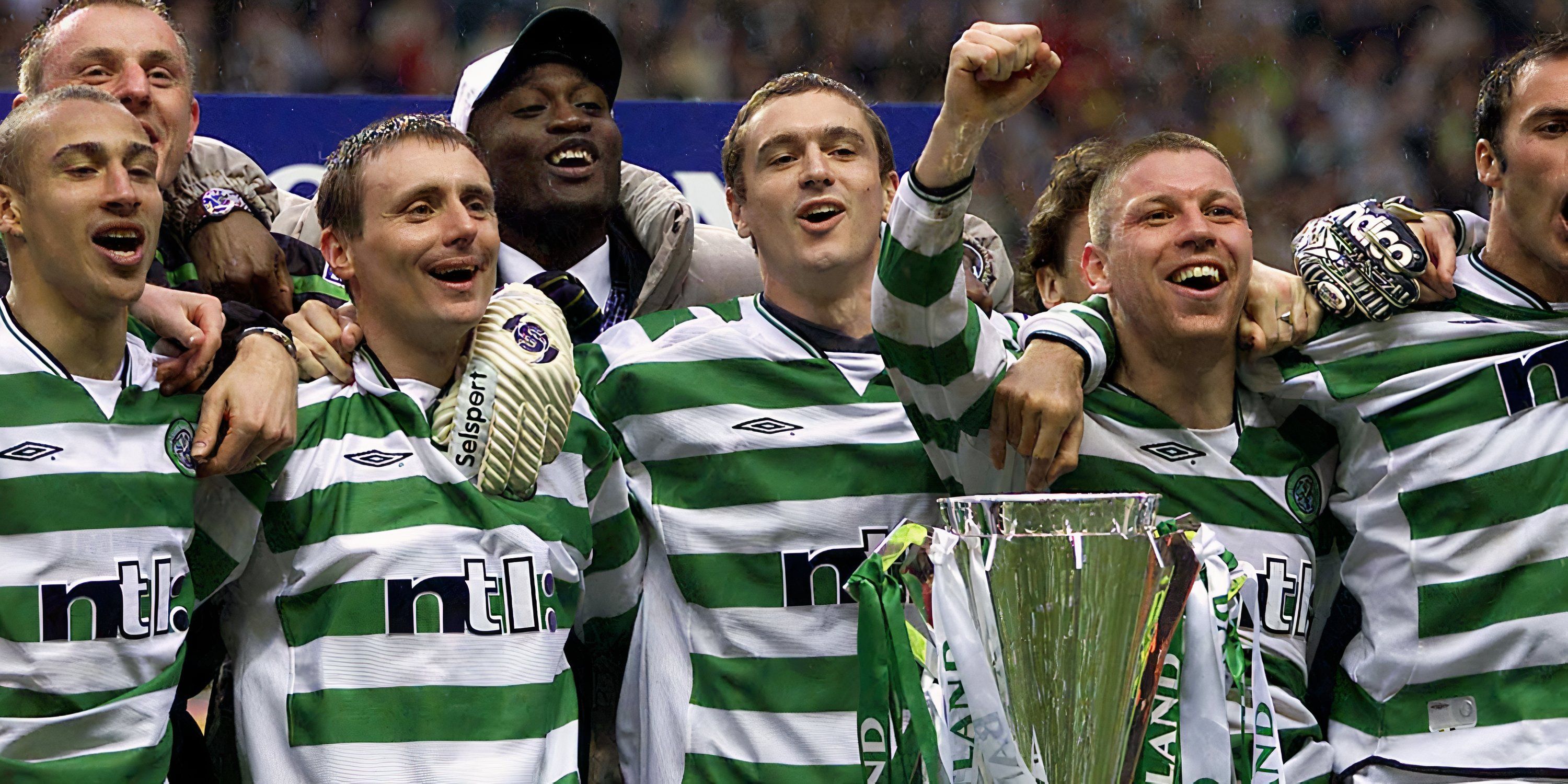
We finally journey outside England and to Scottish shores, with Celtic coming in at 11th place, although their fans may argue they should be higher. The Bhoys are synonymous with British football, dominating the Scottish Premiership over the past 25 years in their constant title duel with Rangers to be crowned Glasgow’s greats. The Old Firm derby is possibly the fiercest in world football, and the Hoops have prevailed in recent years.
Celtic have a remarkable 54 Scottish league titles in their trophy cabinet and famously won the European title in 1967. The impact their beloved three Jimmys, Jimmy Johnstone, Jimmy McGrory and Jimmy Quinn, have had at Parkhead cannot be understated. In recent years, the Celts have been Scotland’s strongest competing club in Europe and the likes of Lionel Messi and Cristiano Ronaldo think Celtic Park has the best atmosphere of all European stadiums.
AI Says:
- Historical Significance: Celtic’s contribution to the development of Scottish and European football, particularly their 1967 European Cup victory, makes them one of the most historically significant clubs in British football.
- Achievements: 54 Scottish league titles, 1 European Champion Clubs’ Cup, 42 Scottish Cups, 21 Scottish League Cups.
- Fan Base: Massive global fanbase, particularly in Ireland.
- Wealth & Reputation: Known worldwide for their cultural and sporting impact, with a significant following.
10 West Ham United
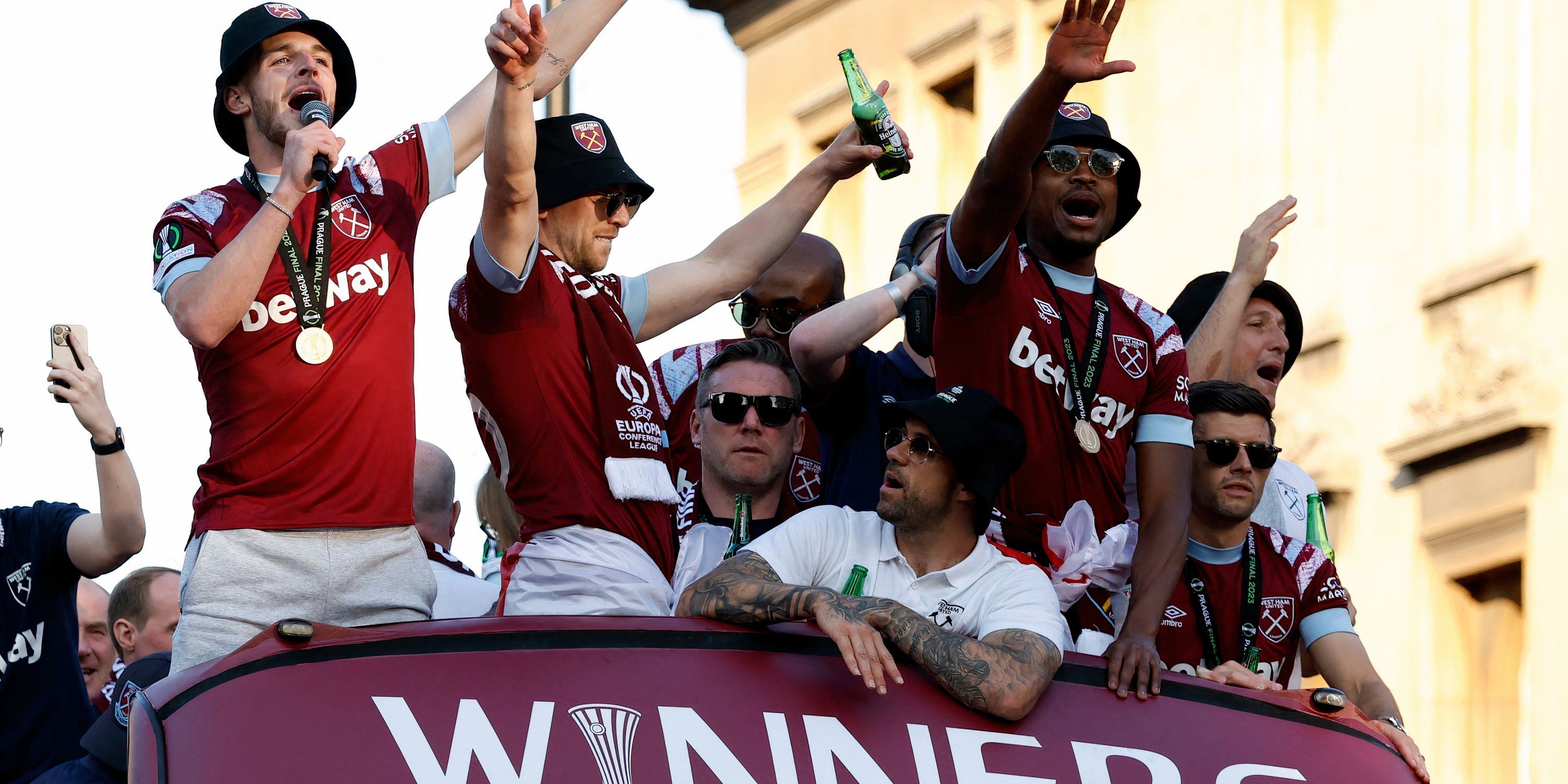
West Ham United have been unearthing some of Britain’s most talented youngsters with each passing decade. Frank Lampard, Rio Ferdinand, and Bobby Moore are among the greats of England who have risen through the club’s youth academy. The Hammers significantly influenced the Three Lions’ 1966 World Cup squad.
The Irons aren’t a feeder club by any means, as they have battled for top honours domestically and in Europe. Fans won’t need reminding of their Europa Conference League triumph in 2023, but they are also three-time FA Cup winners and won the UEFA Cup Winners’ Cup in the 1960s. Upton Park was one of English football’s most celebrated stadiums, and the current crop is trying to make history at their new London Stadium.
AI Says:
- Historical Significance: Known for a tradition of producing great English talent, including many key figures in England’s 1966 World Cup-winning team.
- Achievements: 3 FA Cups, 1 UEFA Cup Winners’ Cup, 1 Europa Conference League.
- Fan Base: Large following, particularly in London.
- Wealth & Reputation: A club with a rich footballing history and a reputation for producing talented players.
9 Newcastle United

It might not be long until Newcastle put themselves in the Premier League title race, given they are the world’s richest club after their takeover in 2021. The Magpies’ fiery fanbase has been through hard times recently, including spells in the Championship after relegation in 2009 and 2016. That said, they enjoyed a memorable return to the Champions League in 2023, including a famous 4-1 win against PSG at a raucous St James’ Park.
Still, the Tyneside giants are among Britain’s elite, with four First Division titles to their name and six FA Cup wins. Frank Watt, Kevin Keegan and Sir Bobby Robson are three of their most iconic managers. Alan Shearer, Newcastle born and bred, remains the Premier League’s all-time top scorer with 260 goals.
AI Says:
- Historical Significance: Known as one of the great clubs of early English football, Newcastle’s success in the 20th century, particularly in the 1920s and 1950s, holds a special place in football history.
- Achievements: 4 English top-flight titles, 6 FA Cups.
- Fan Base: A passionate fanbase, one of the largest in the UK.
- Wealth & Reputation: While their recent history has been challenging, their legacy and historical significance are undeniable.
8 Aston Villa
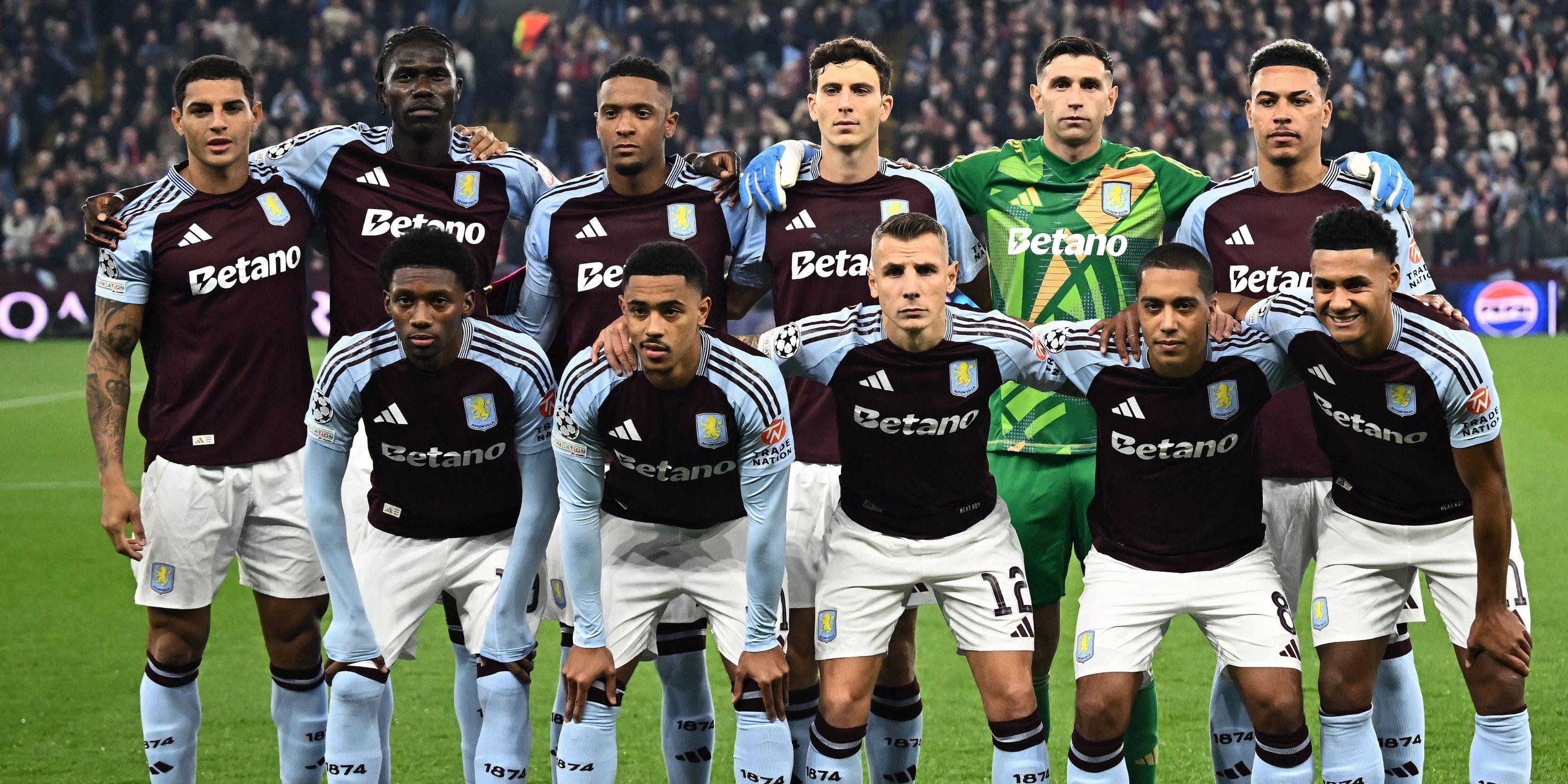
Another one of English football’s oldest clubs, Aston Villa, is at the top of the crop in the Midlands and has a large following in the region. The Villans were also up there with Europe’s juggernauts during George Ramsay’s 42-year reign from 1886 to 1926. They have seven titles to their name and achieved European glory in 1982. Unai Emery currently has Villa competing well in the 2024-25 Champions League.
Their European Cup win was an underdog story, thanks to a winner from club legend Peter Withe in the final against Bayern Munich. Other household names who have plied their trade at Villa Park include Gordon Cowans and Paul McGrath, and they also boast high-profile managers such as Ron Atkinson and Ron Saunders.
AI Says:
- Historical Significance: One of the founding members of the Football League and historically one of England’s top clubs. Villa were a dominant force in English football and Europe in the early 20th century.
- Achievements: 7 English top-flight titles, 7 FA Cups, 1 UEFA Champions League.
- Fan Base: Strong regional support, with a loyal fanbase.
- Wealth & Reputation: Historically significant, with periods of great success, especially in the European Cup era.
7 Tottenham Hotspur
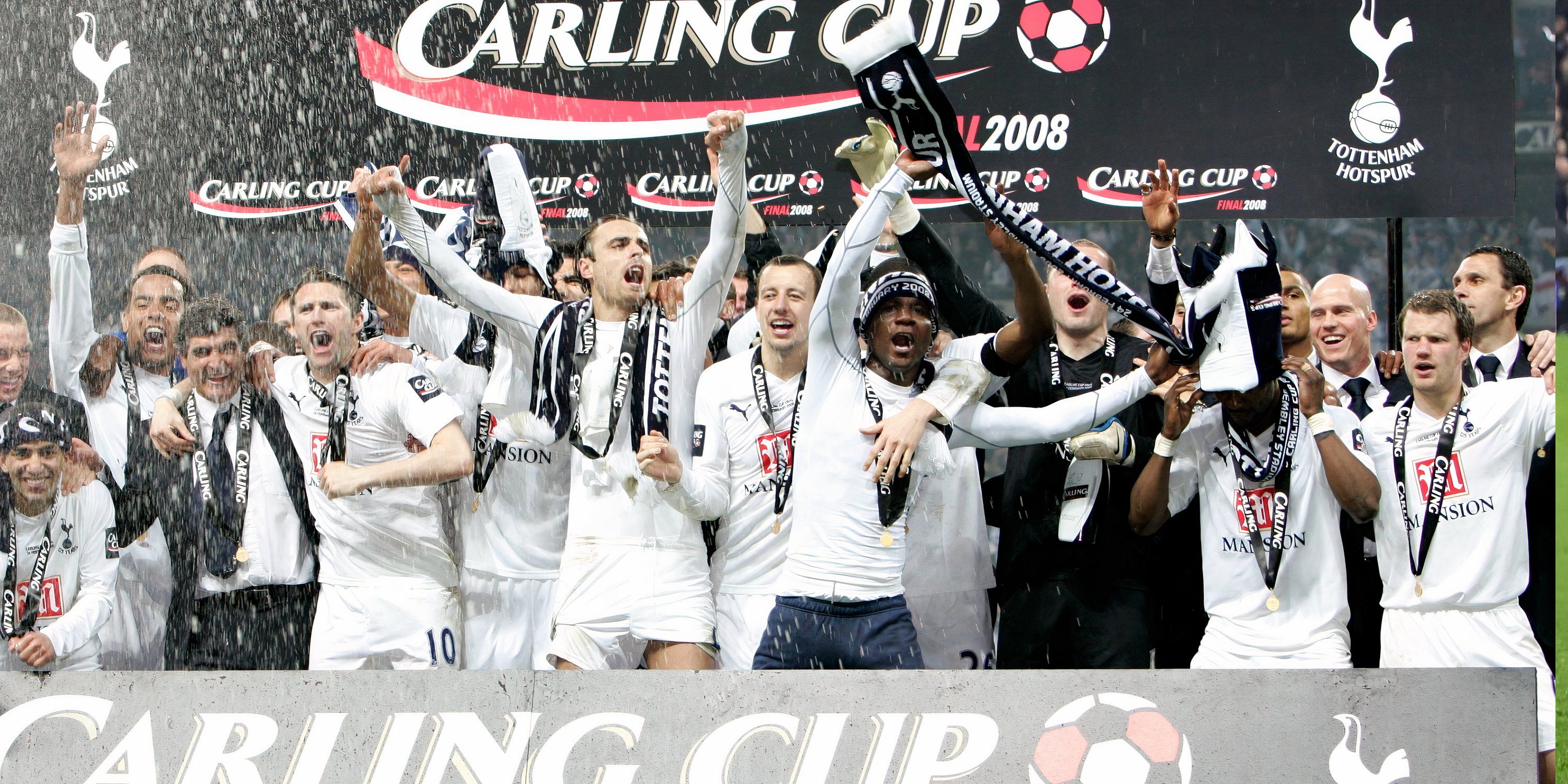
We’re headed towards the big six now, although Tottenham Hotspur failed to break into AI’s six biggest British clubs in history. Spurs can claim to be the first English club to win a European competition and the inaugural UEFA Cup in 1972, before doing so again in 1984.
Tottenham’s recent trophy drought means younger fans aren’t too aware of how prestigious the Lilywhites are. Eight-time FA Cup winners, their last trophy success came in 2008, when they won the League Cup. Spurs continue to be problematic in the Premier League, particularly for their London rivals. Icons who lit up White Hart Lane include Jimmy Greaves, Paul Gascoigne, and Glenn Hoddle, which is quite the trio. Harry Kane and Gareth Bale are two of the north Londoners’ most recent heroes.
AI Says:
- Historical Significance: Tottenham were the first English club to win a European trophy (1963), and they have a long history of competitive success in English football.
- Achievements: 2 English top-flight titles, 8 FA Cups, 2 UEFA Cups.
- Fan Base: A massive and passionate fanbase, particularly in London.
- Wealth & Reputation: Spurs are known for their rich history and passionate fanbase, although they’ve lacked consistent trophies.
3:20

Related
10 Biggest Football Clubs in London (Ranked)
London is famous for its range of football teams across the capital city.
6 Manchester City
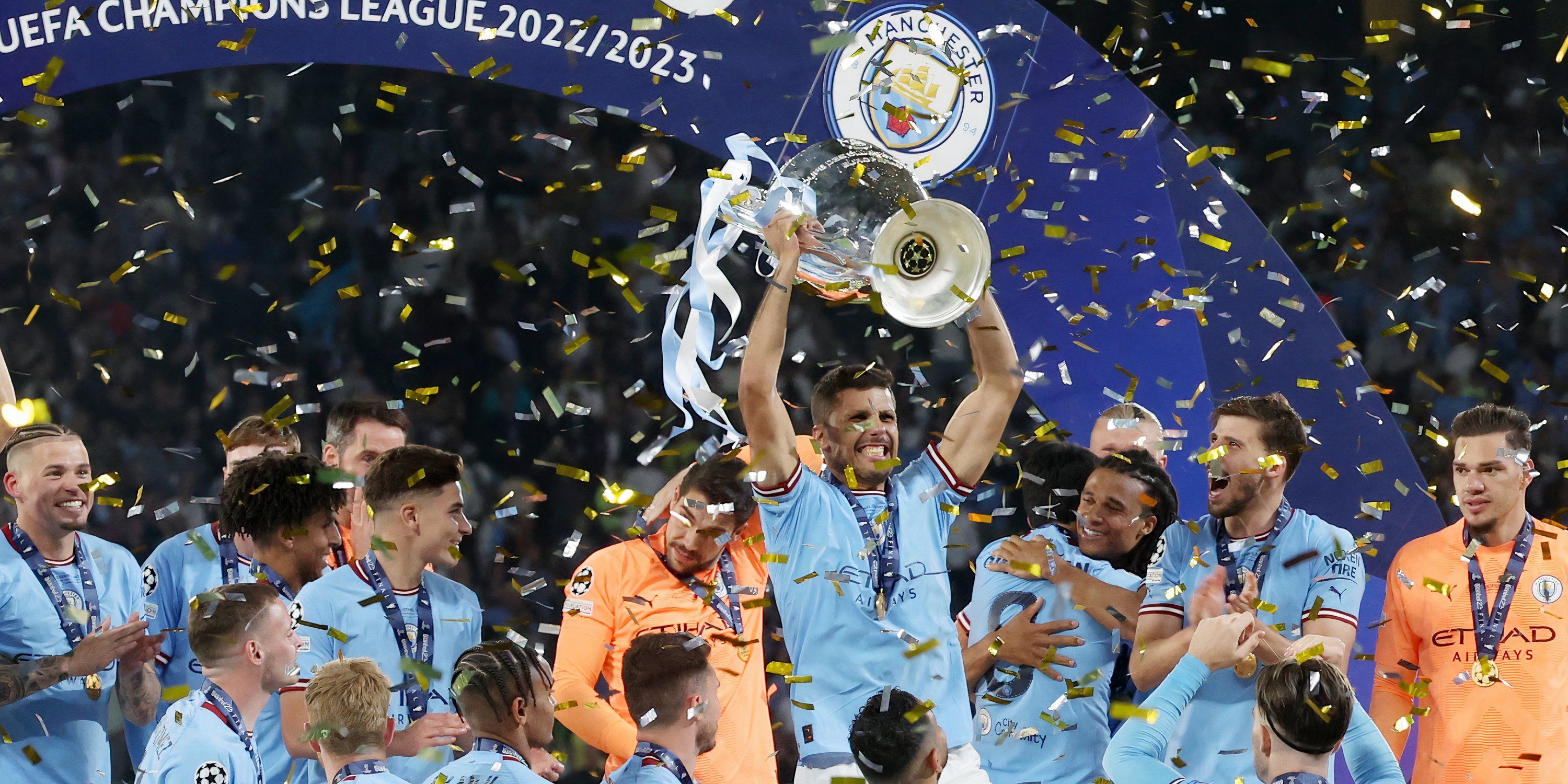
If this list was constructed in 2008, Manchester City would undoubtedly rank lower, but their incredible success since their Abu Dhabi takeover has been unprecedented. Pep Guardiola has taken the Cityzens to incredible heights, becoming the second club in English football history to win the continental treble.
City have won 10 league titles, eight of which have come in the modern era, and they are the only club to win four in a row. Their consistent success since the turn of the century has led to their fanbase increasing globally, but they are arguably the more supported club of the two Manchester rivals in the city. Ballon d’Or winner Rodri, Vincent Kompany, Kevin De Bruyne and Sergio Aguero are their modern-day heroes, and the latter’s title-winning strike against QPR in 2012 is perhaps the biggest moment in Premier League history.
AI Says:
- Historical Significance: Historically one of the biggest clubs in Manchester, though their modern rise has significantly altered the landscape of English football, especially since their financial backing in 2008.
- Achievements: 9 English top-flight titles, 1 UEFA Champions League, 7 FA Cups, 8 League Cups.
- Fan Base: Rapidly growing globally, bolstered by their modern success.
- Wealth & Reputation: Massive financial investment has made them a modern powerhouse, and their legacy continues to expand.
5 Chelsea
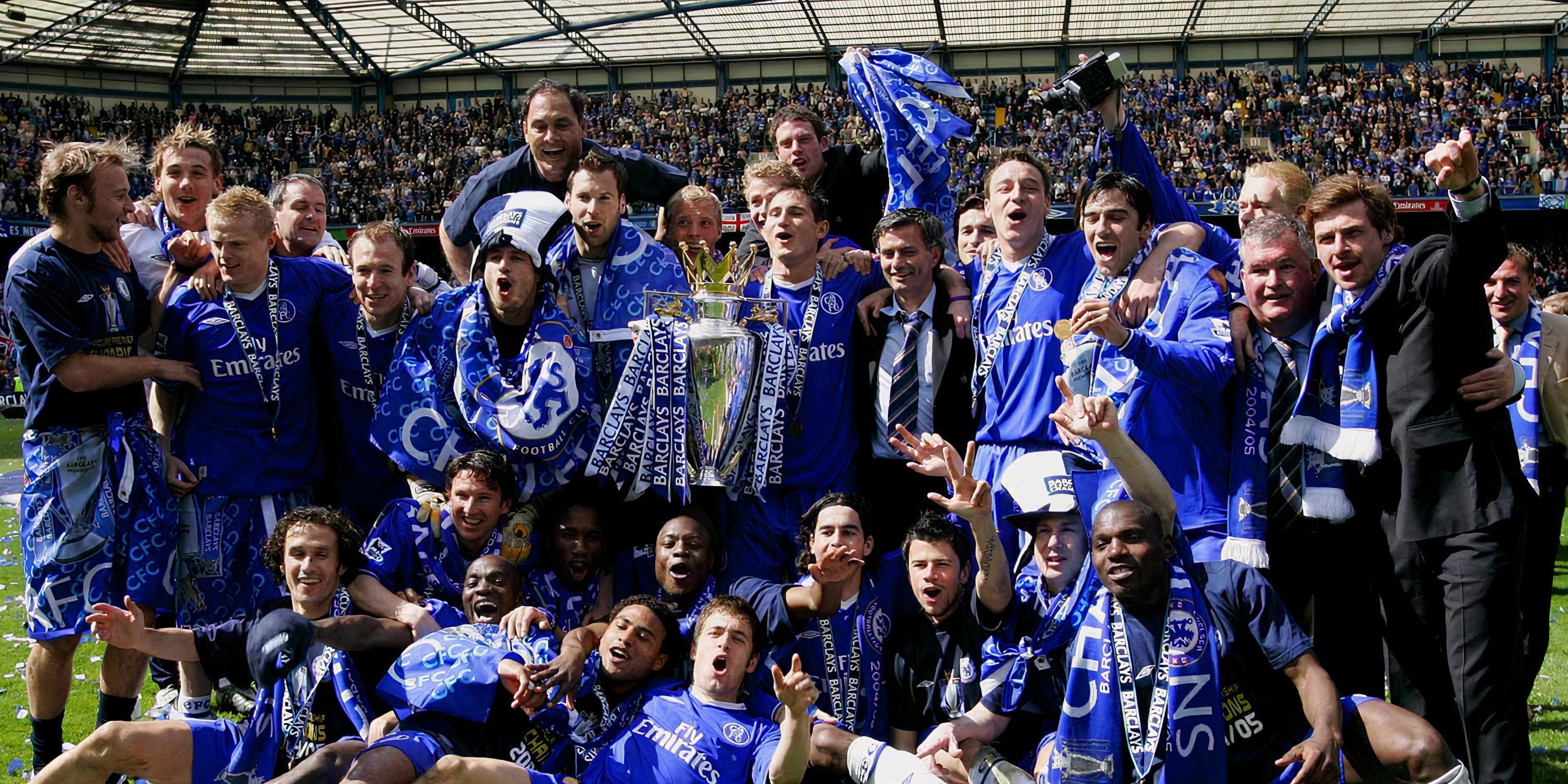
Chelsea fans will quickly note they were successful before former owner Roman Abramovich arrived in 2003. However, the Blues went up a gear under the Russian billionaire, winning five Premier League titles, including the best defensive team in the top flight’s history under Jose Mourinho. The west Londoners got their hands on the Champions League with a win over Bayern in the Germans’ own backyard in 2012 while securing an unlikely European title triumph over City in the 2021 final.
The Blues’ fanbase is one of the largest in the world, and Stamford Bridge has been home to superstar talent, including Frank Lampard, John Terry, Didier Drogba and Eden Hazard. Their popularity grew massively during the Abramovich regime, and they are the only London club to win the Champions League and the FIFA Club World Cup.
AI Says:
- Historical Significance: Chelsea’s rise in the modern era, especially after the turn of the millennium, has cemented their place as a major force in European and English football.
- Achievements: 6 English top-flight titles, 2 UEFA Champions Leagues, 8 FA Cups.
- Fan Base: Large and rapidly growing, particularly due to recent successes.
- Wealth & Reputation: Backed by significant financial power and consistent success, especially in Europe.
4 Rangers
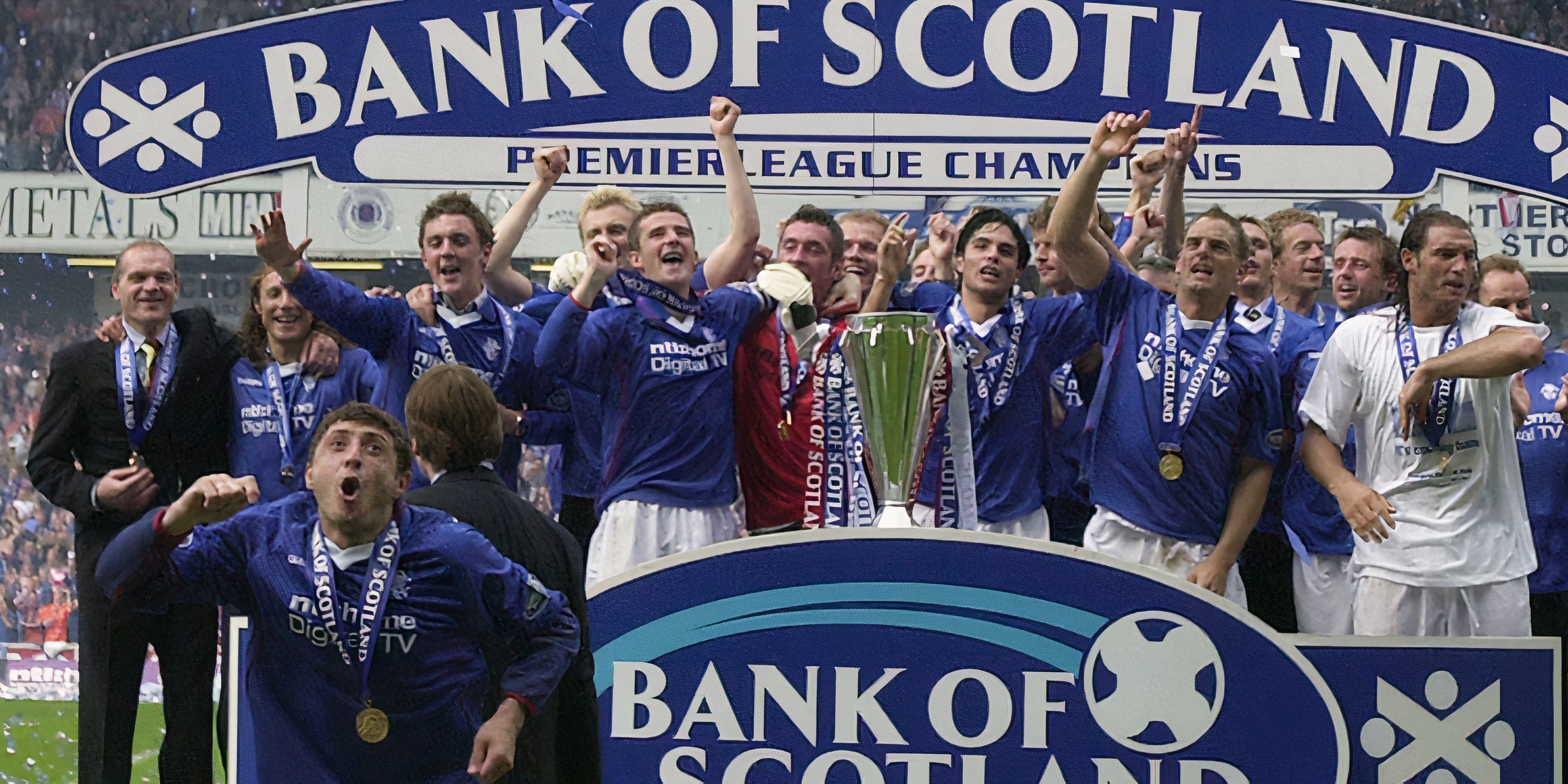
According to AI, Rangers are Scotland’s biggest club, and it’s difficult to argue given the Gers’ success on home soil and the European front. The Scottish heavyweights have one of the largest fanbases in the world and have watched them surge to 55 Scottish Premiership titles. A famous 3-2 win over Dynamo Moscow in 1972 secured the European Cup Winners’ Cup under Willie Waddell.
Ally McCoist, Andy Goram, and Jorg Albertz are among the warriors who waged war with Rangers against Celtic in the Old Firm derby. While their rivals overshadow them in the modern era, there’s little arguing that they remain Scotland’s all-time powerhouse. Their fans will undoubtedly tell you it is at Ibrox, one of Europe’s most daunting stadiums to visit.
AI Says:
- Historical Significance: The most successful club in Scotland and a historically dominant force in British football.
- Achievements: 55 Scottish league titles, 1 UEFA Cup Winners’ Cup, 34 Scottish Cups, 28 Scottish League Cups.
- Fan Base: Massive fanbase, especially in Scotland and globally.
- Wealth & Reputation: Historically dominant in Scottish football, with a large global fanbase that is passionate and loyal.
3 Arsenal
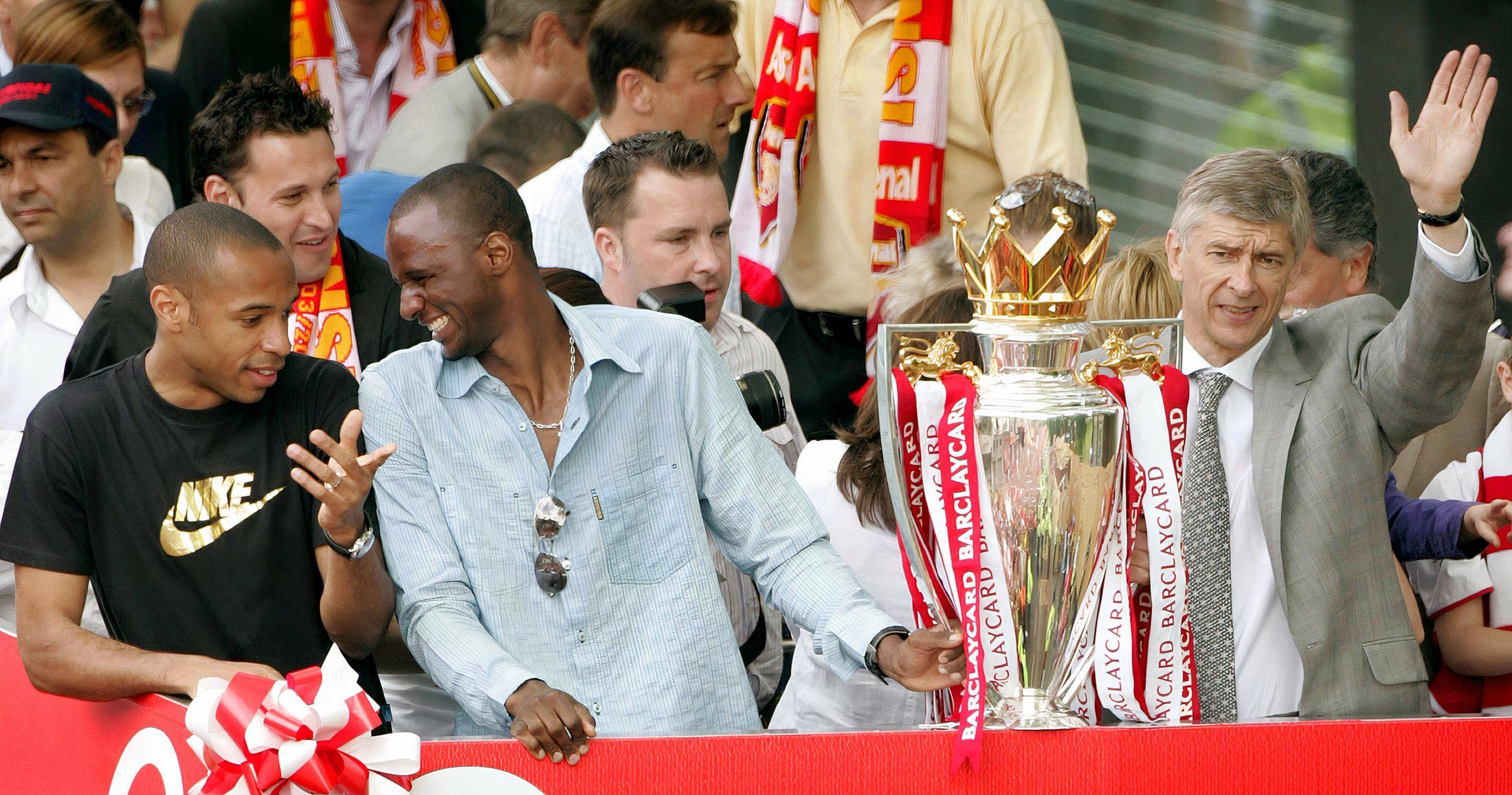
London’s biggest club? Arsenal takes the crown, and while Chelsea can highlight their Champions League wins, the Gunners flaunt their 2004 Invincibles Premier League title. It was such an astounding achievement that even Sir Alex Ferguson said it




